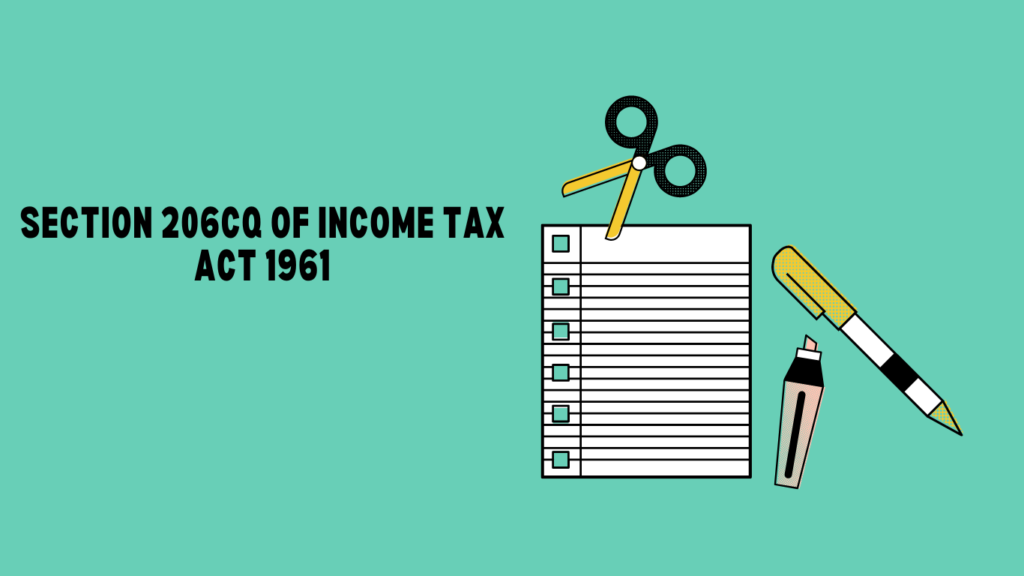As per Section 206CQ of Income Tax Act, 1961 pertains to the collection of (TCS) tax collected by every dealer required to collect 5 percent of the amount exceeding 7 lakh rupees, pertains to the sum remitted to for a purpose other than acquiring an overseas tour program package under 206CQ form.

Relief under Section 206cq
If the remittance of loan for the education purpose through a loan secured from a designated financial institution in India (as defined in Section 80E of the Income-tax Act, 1961), the applicable rate of TCS under section 206cq will be reduced to 0.5 percent for any remittance surpassing INR 7 lakhs.
However, You can transfer money to your parents and children abroad up to $250,000 in a financial year.
Further, if the remitter does not furnish PAN tax shall be collected at the rate of 10 percent in case where the amount being remitted is for a purpose other than purchase of overseas tour program package and 1 percent in cases where the amount is remitted for the purpose of pursuing education through a loan
Moreover, instances where the remitter does not provide their PAN (Permanent Account Number), TCS will be gathered at a rate of 10 percent when the remitted amount serves a purpose other than acquiring an overseas tour program package form seller of overseas tour. In cases where the remittance is intended to finance education through a loan, the tax collection rate will be 1 percent.
Applicability
Since the section 206c 1g of Liberalised Remittance Scheme (LRS) issued by the Reserve Bank of India applicable exclusively to residents, the application of TCS (Tax Collected at Source) will likewise be confined to residents under section 206cq.
Some exemption under Section 206cq
- If the purchaser is liable to deduct TDS (tax deducted at source) as per any other provision of this Act and has already deducted the said amount.
- If the purchaser is the a local authority, the trade representation of a foreign State, Central Government, a State Government, a High Commission, a consulate, a legation, a commission.
Penalty for late payment
Timely settlement of your TCS dues is imperative on sale of goods as per the guidelines set forth by the Income Tax Department.
Failure to meet the deadline for filing will result in the imposition of late fees. Submitting your TCS documentation post the stipulated due date will necessitate a minimum fine of Rs 10,000, which has the potential to reach up to Rs 1,00,000. This fine, coupled with the late fee, forms the entirety of your TCS obligation.
Frequently Asked Questions
For claim the TCS refund, person need to fill out the ITR form’s under relevant sections and provide appropriate documentation.
Yes, you can see your Tax Collected at Source (TCS) data in the Form 26AS or AIS segment on Income tax portal.
TCS is not applicable, if the amount or aggregate of amounts being remitted by a buyer is less than 7 lakh rupees in a financial year.
206CQ is TCS deposit challan code for foreign remittance.

thanks for sharing article regarding 20cq
very informative article